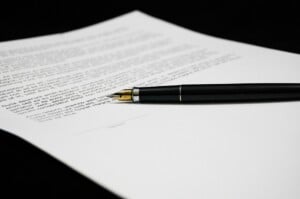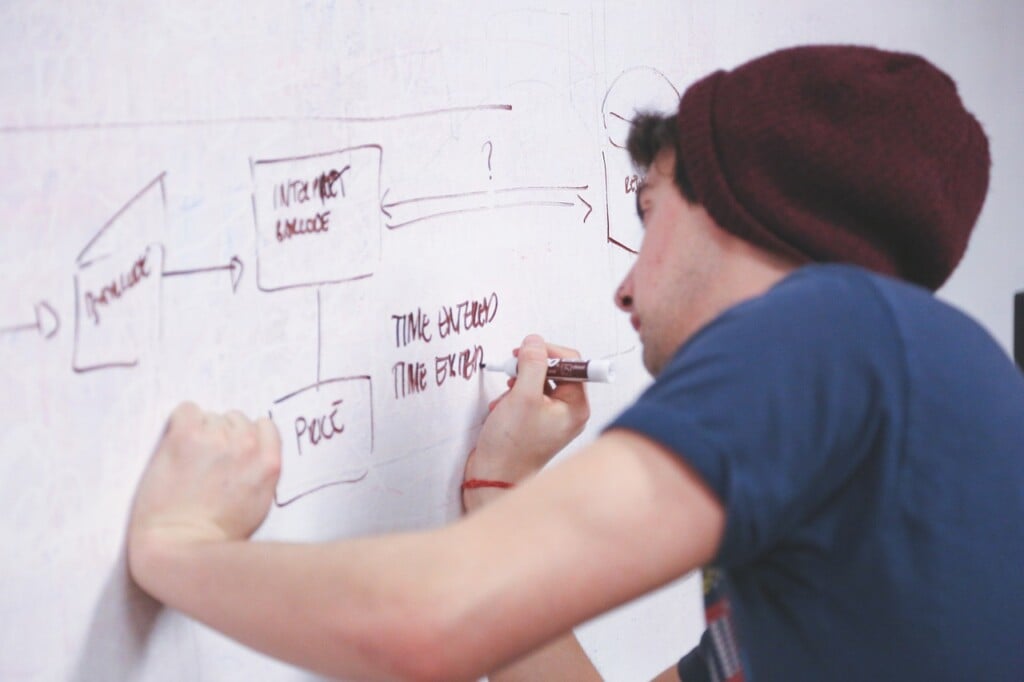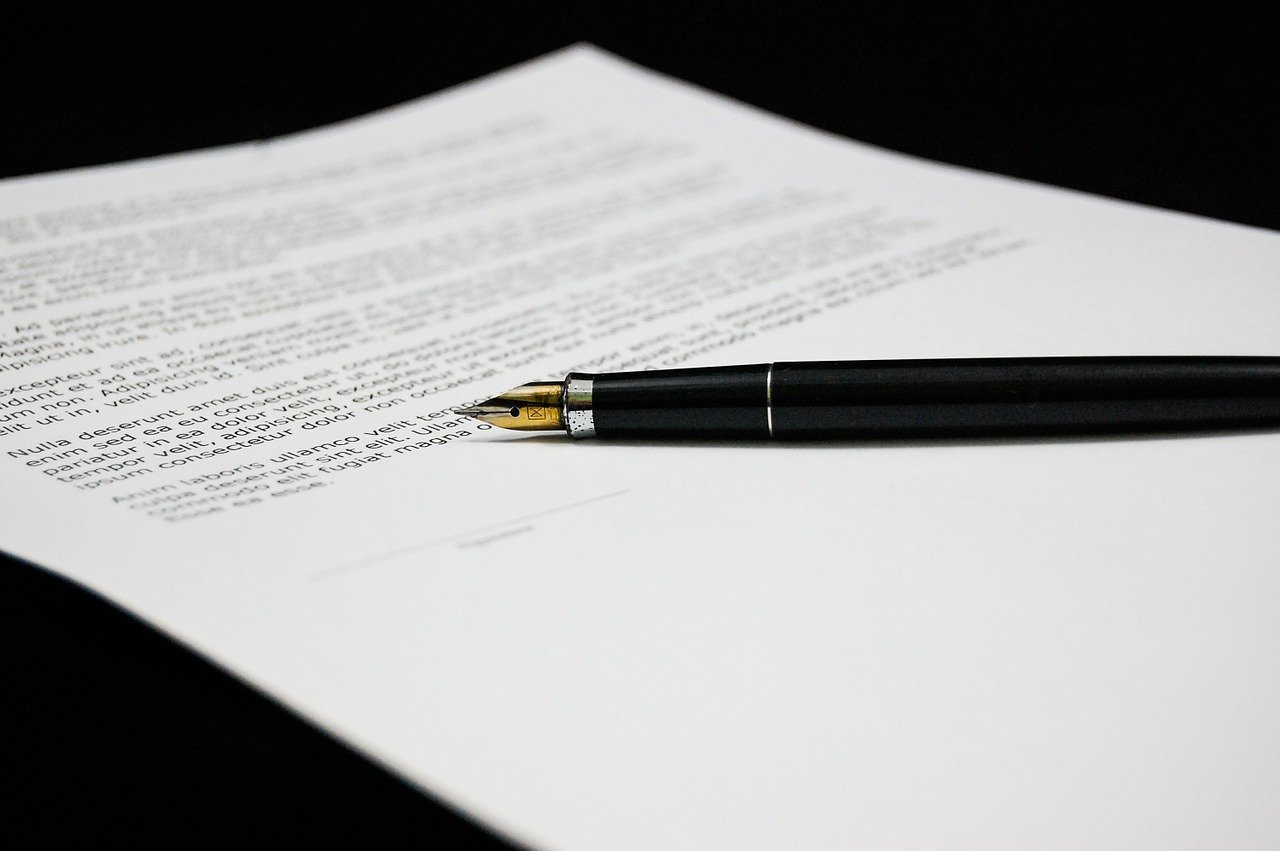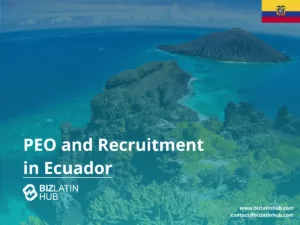The Nice International Classification System for trademarks was established by the Nice Agreement as an international classification for both goods and services when registering trademarks.
When planning a market entry strategy into Latin America, many miss the opportunity to use trademark services and and the protection they grant.
Trademark services in Latin America are an excellent and highly recommended way to shield and protect your investment and intellectual property in Latin America. Owning trademarks ensures protection against unauthorized use of your company’s signs, designs, expressions, and other markings.
We explain the Nice International Classification System for Trademarks and how it applies in Latin America.
What is the Nice Agreement and International Classification System?

The Nice International Classification System for trademarks was established by the Nice Agreement back in 1957 as a way to categorize goods and services in regards to the registration of a trademark. Every 5 years, a new edition of the classification was published up until and since 2013. From 2013 onward, a new version of each edition is released annually.
The Nice Classification applies to all those countries which signed the Paris Union/Agreement. The Paris Agreement is an agreement to protect industrial property, signed in 1883. Signatory countries include the US, Chile, Argentina, Uruguay, Panama, Peru, Costa Rica, Ecuador, Mexico, and Colombia.
Next to the above, the Nice International Classification System is not only mandatory for signatory country members but also for:
- Trademarks being registered under the African Intellectual Property Organization (OAPI)
- Trademarks being registered under the African Regional Intellectual Property Organization (ARIPO)
- European Union Intellectual Property Office (EUIPO)
- International Bureau of World Intellectual Property Organization (WIPO)
- Other Countries not part of the Nice Agreement.
Nice Classifications
Nice Classifications help businesses to identify the nature of the related good or service and seek adequate intellectual property protection. Internationally, it makes their trademark easy to recognize and categories among all signatory countries. The nice classification distinguishes between goods and services.

In the case of goods, 34 classes exist to register trademarks for certain goods. These classes range from Class N° 1 to Class N° 34. Within them we can note the following examples:
- Class 2: Paints, varnishes, lacquers; preservatives against rust and against deterioration of wood; colorants, dyes; inks for printing, marking and engraving; raw natural resins; metals in foil and powder form for use in painting, decorating, printing and art
- Class 15: Musical instruments; music stands and stands for musical instruments; conductors’ batons
- Class 33: Alcoholic beverages, except beers; alcoholic preparations for making beverages.
For services, there are 11 classes ranging from Class N° 35 to Class N° 45. Among them we can note the following examples:
- Class 35: Advertising; business management; business administration; office functions
- Class 44: Medical services; veterinary services; hygienic and beauty care for human beings or animals; agriculture, aquaculture, horticulture and forestry services
- Class 45: Legal services; security services for the physical protection of tangible property and individuals; personal and social services rendered by others to meet the needs of individuals.
These classifications exist so that businesses registering a trademark can identify the nature of the related good or service and seek adequate intellectual property protection.
Internationally, the Nice International Classification System makes a trademark easy to recognize, categorize and register among all signatory countries.
What are Trademark Services in Latin America and South Pacific?
Trademark services refer to the professional counsel and execution of a trademark registration. Trademark services consist of obtaining formal ownership of a unique sign, design, or expression which identifies a product or service as an asset to a certain company. Trademark owners therefore gain exclusive rights to the use of this design or marking for commercial purposes. They may take legal action against those attempting to appropriate their trademarked design for commercial gain.
You must register your trademark at the responsible government entity managing intellectual property rights and protection.
Why you should register a trademark in Latin America and the South Pacific
Registering a trademark in Latin America is definitely a must when expanding your business into the region. It is the only way to legally prevent third parties from commercializing identical or similar products or services. If you do not register your trademark, you run the risk of other businesses using the same or a very similar brand marketing. This causes confusion within clients which results in a drop in sales.
Generally speaking, trademarks in Latin America last for a minimum of 10 years, with the option to renew them afterwards. This protects your unique designs and markings for an extendable period of time, securing your profitability and credibility for the company’s operational life.
The legitimate right of a trademark and its scope of protection is limited to the specific classes in which it was registered. This means that third parties are allowed to use a similar or even identical brand, but only for goods and services registered in other Nice Classes. This is provided there is no risk of confusion, association or loss of reputation. Renowned brands are an exception to the above as their protection transcends Nice Classes (such as Coca Cola and Disney, for example).
Latin America is a very favorable business destination. While entering the Latin American market and protecting your trademark you may come across complexities, due to legal and cultural obligations and compliance requirements.
At the Biz Latin Hub we have a group of bilingual legal and accounting professionals that offer a full suite of market entry and back-office services from due diligence to legal support and more. Our trademark law specialists can help you with the process of registering your trademark in Latin America and assist you with complexities that may arise whilst expanding your business in the region.
We provide solutions tailored to your specific needs. Please reach out to our team here at Biz Latin Hub to find out how we can help you do business in Latin America.
Learn more about our team and expert authors.






